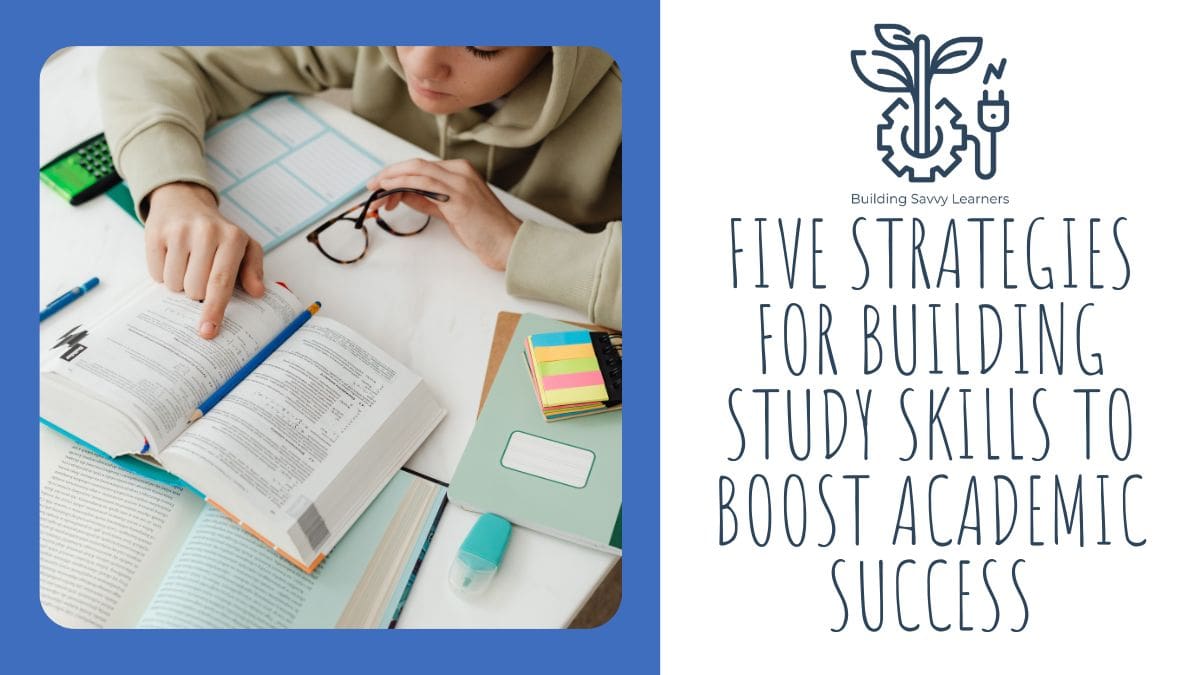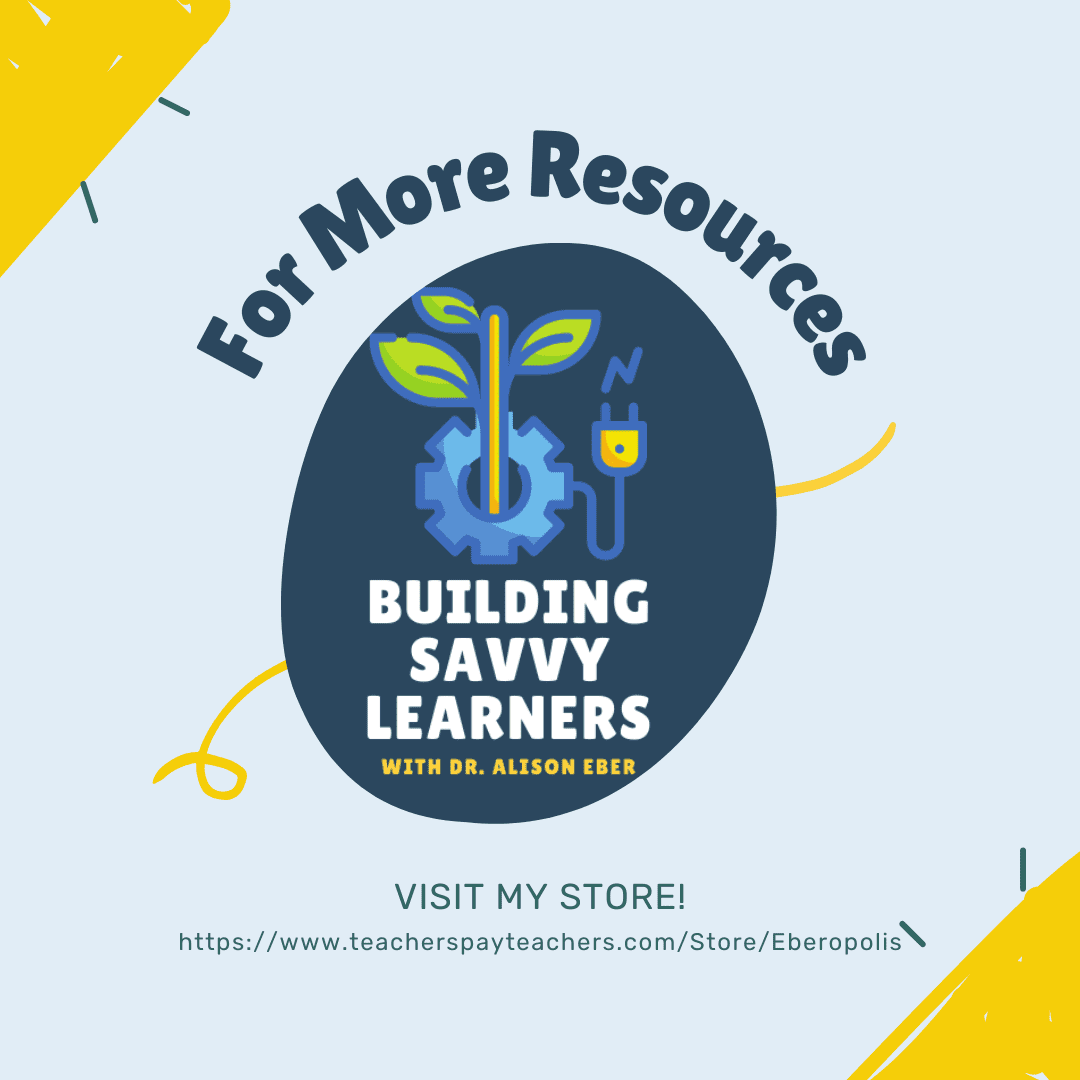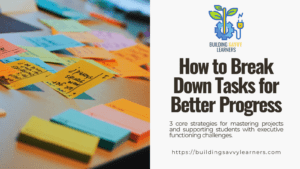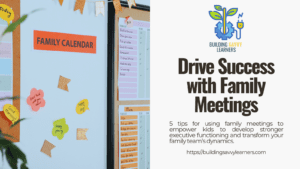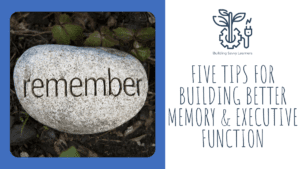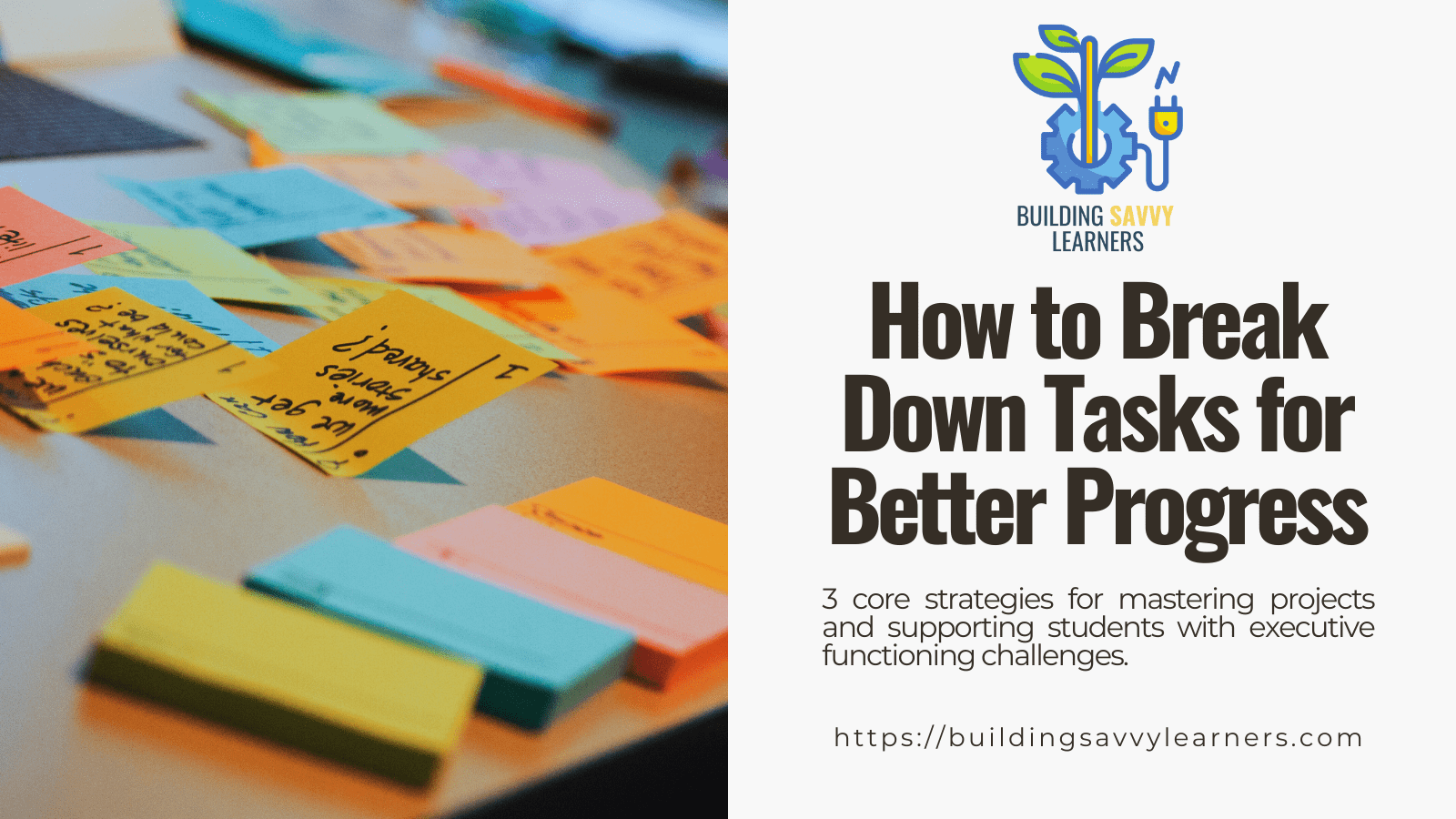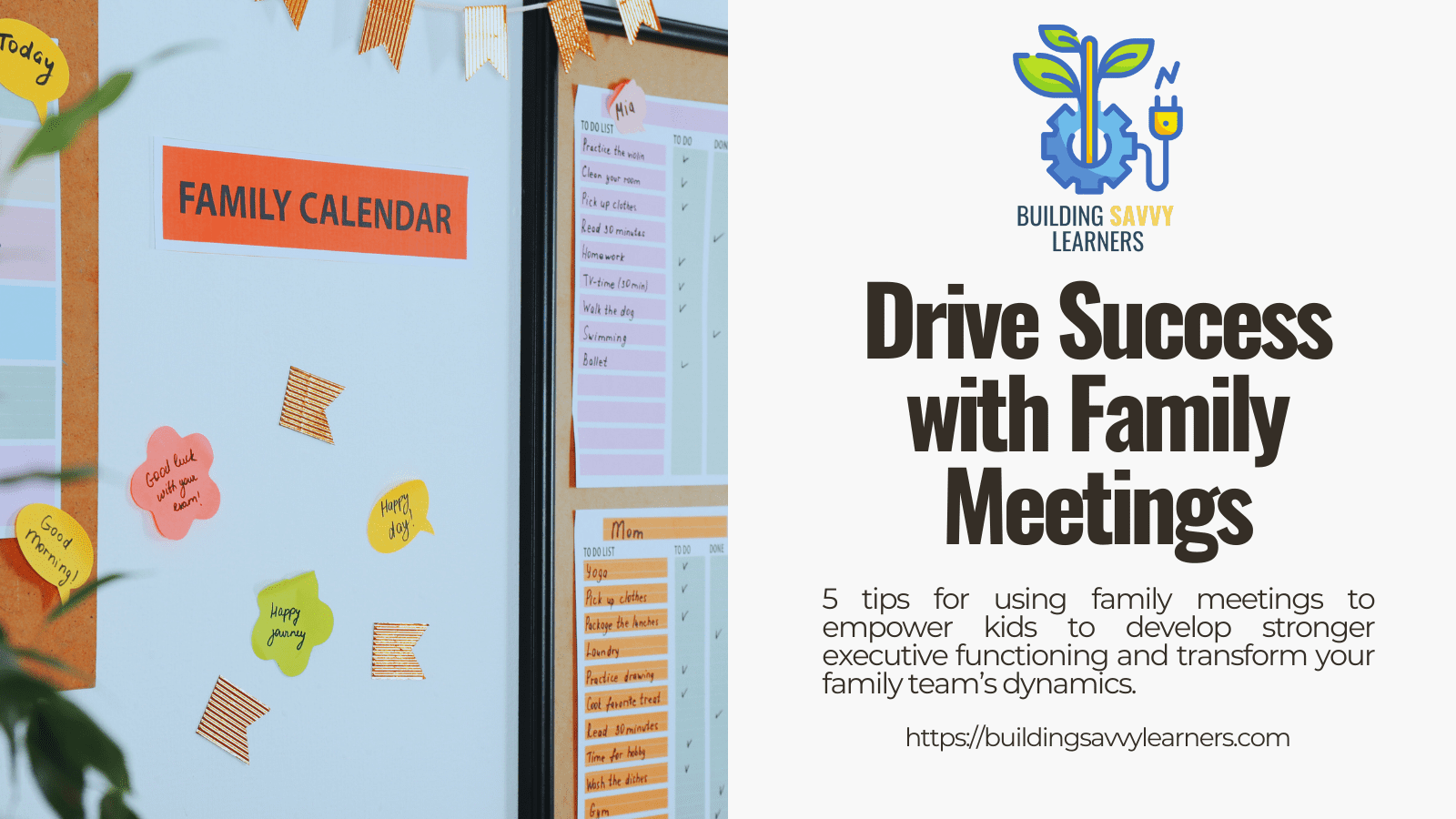The pen is a powerful tool for building study skills
Writing things down allows us to access different parts of our brain. These parts are responsible for motor skills, spatial awareness, and the content we’re learning. Research suggests this process results in better encoding for memory and recall than typing up notes. That’s why students should pull out a pen and paper and write down as much information as they can during class.
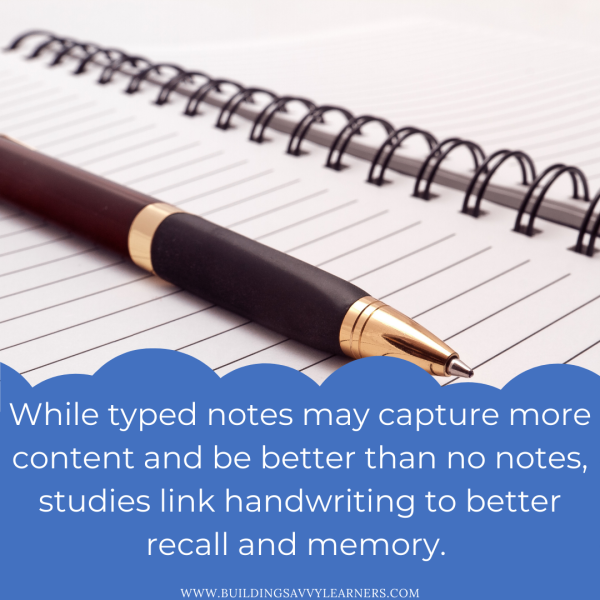
To make this work even more effectively, consider these tips:
- Concentrate on big ideas first. What’s the main idea the teacher is trying to communicate to you? What evidence supports that?
- Not sure of the big ideas? Write down as many ideas as you can, and then go back later to flag and label what you think are the most important ideas.
- Compare notes with a friend. If you’re both writing down information in class, see if your notes are similar. Use each other’s notes to add any missing details.
- Check if you have a 504 plan or other accommodations specific to your needs. You may be able to get an advanced copy of the teacher’s notes or slides to support you. Use that scaffold to aid you in creating your own version of the notes. For example, add annotations – details or comments that aren’t already on the page. Or try taking the notes in another format like sketchnoting. The more ways you think about the information, the more connections you’ll make in your brain. This will help you remember the information later on.
Find other formats that support previous materials
Activities and assignments can be great clues to what the teacher wants you to learn in preparation for upcoming tests or exams. Take some time to review what teachers asked and what you learned through those activities. If your memory is fuzzy, see if you can find additional information related to the topic on reputable websites. Sometimes seeing similar information presented in a different way can make an idea click.
And if you come across information that contradicts what you’re learning in class, consider sharing it with your teacher. Explain that you were trying to learn more about the topic when you came across the resource, and you’re having a hard time understanding how it fits into your notes. The discussion that results may help uncover misconceptions or misunderstandings. Correcting those mistakes can result in some of the deepest learning opportunities.
Create your own study guide
Some teachers prepare helpful study guides that help you focus your attention on the big ideas on a test or an exam. But in other situations, you may be left to determine that information on your own. Consider working either alone or with classmates to develop your own study guide.
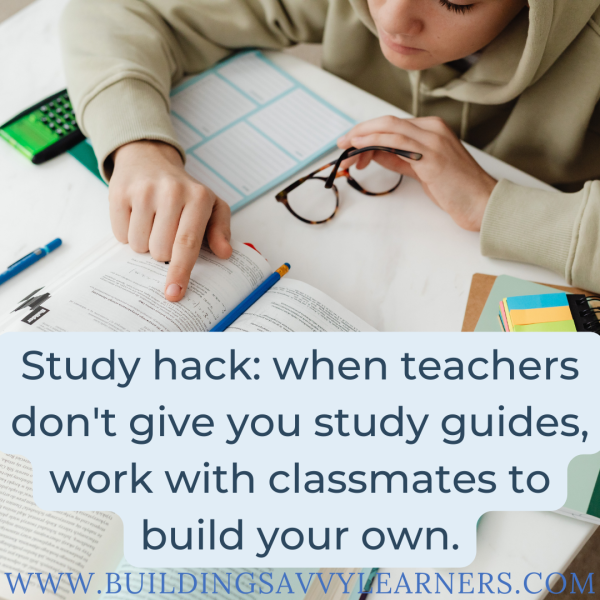
To do this, predict what you think might be relevant content for an upcoming test. And before you spend too much time reviewing your self-made guide, share it with the teacher. Ask them if there are any errors with the material or topics that you may be missing. Most teachers will look favorably on your proactive approach and be willing to give you feedback.
A teenager's study habits should not include cramming
When it comes to studying, slow and steady is always the best approach. It enables you to review material multiple times in a situation where you are likely less stressed than the night before the exam. This helps you retain the material for when you need it.
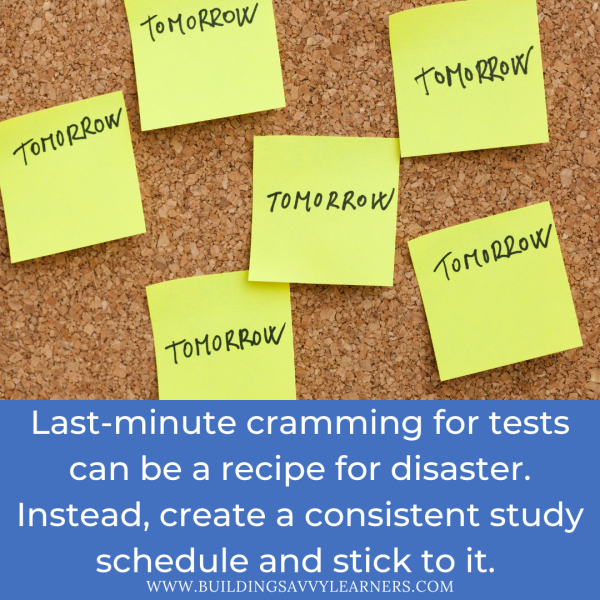
Last minute studying can also trade off with sleep. When we disrupt sleep patterns for even one night, it can decrease your ability to concentrate and recall information. It can also make it harder to control your emotions. As a result, you may be more likely to feel frustrated while you’re taking the test.
Good study routines include working backwards
The more times that you’re exposed to an idea, the easier it will be to remember it. For that reason, you may want to study the topics your teacher covered most recently first. You will have had fewer exposures to those ideas so they probably won’t be locked into your memory yet. If you have many sessions, though, you’ll give those ideas more time to take hold.
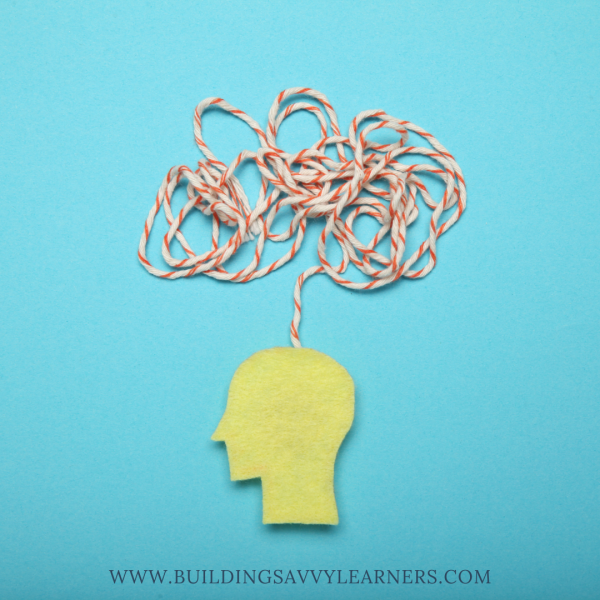
Teachers often introduce the most complicated material last. They need time to establish foundational concepts first. As a result, sometimes the most important information is introduced last. Don’t necessarily assume that because less class time was devoted to the topic, it’s less important.
Building study skills is a process
Like so many aspects of executive function, developing study skills is a process that takes practice. When you create a consistent study schedule to learn material in smaller pieces and incorporate your notes and other resources into the process, you’re more likely to remember the information when it matters.
This is just a broad overview of the strategies involved in developing study skills. Each of these components take some teaching, time, and practice.
If you’re interested in learning more about developing executive function skills at home, you should get on the waitlist for my Executive Function Basics class. Enrollment is opening in September. This year-long course will follow monthly themes related to executive function topics. There will be weekly lessons and activities you can practice at home. Enrollment will only be open for a limited time, so you won’t want to miss this course to develop skills and strategies to use with the whole family. It will give you a sense for how an executive function coach can break things down to help.

